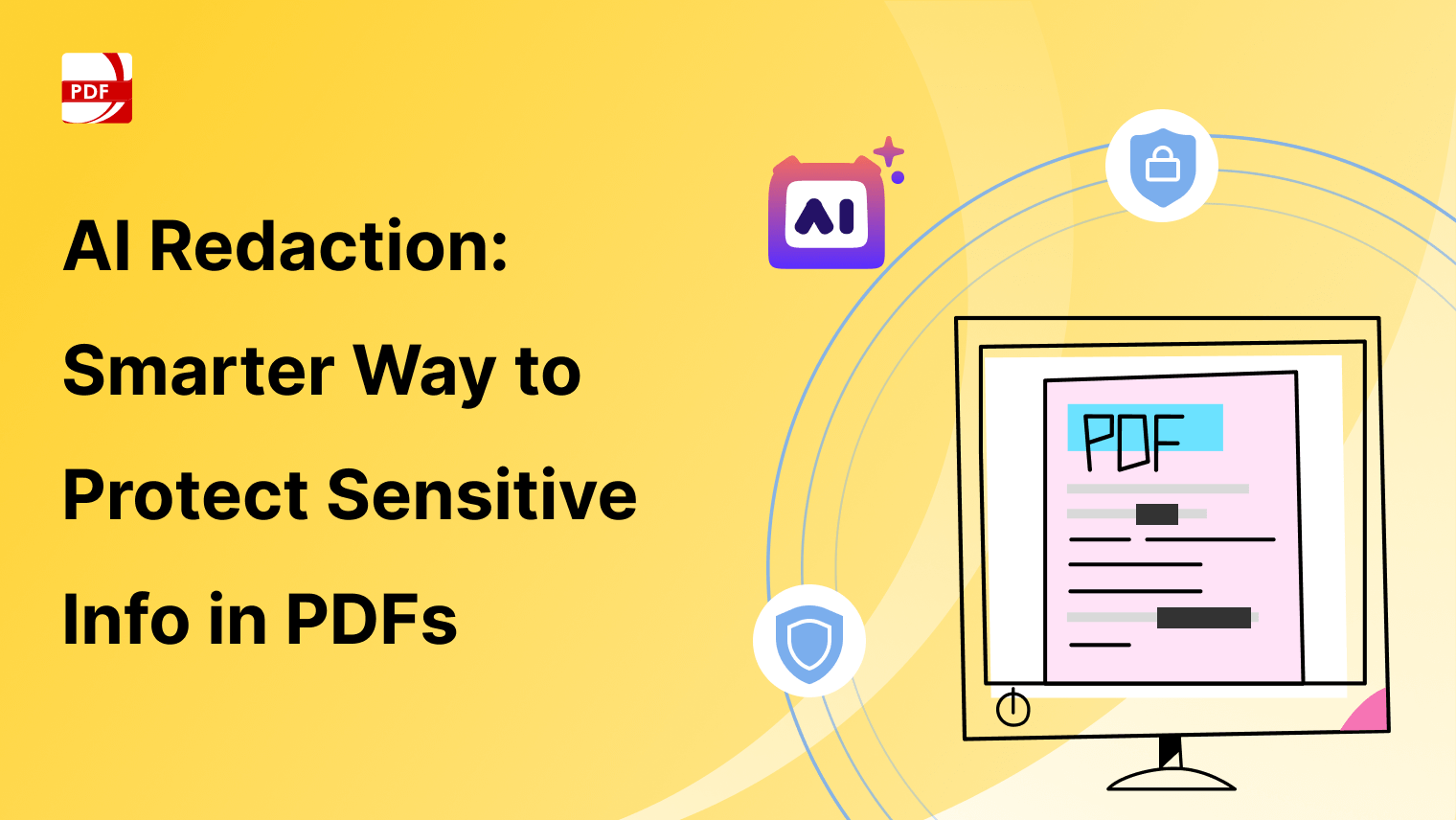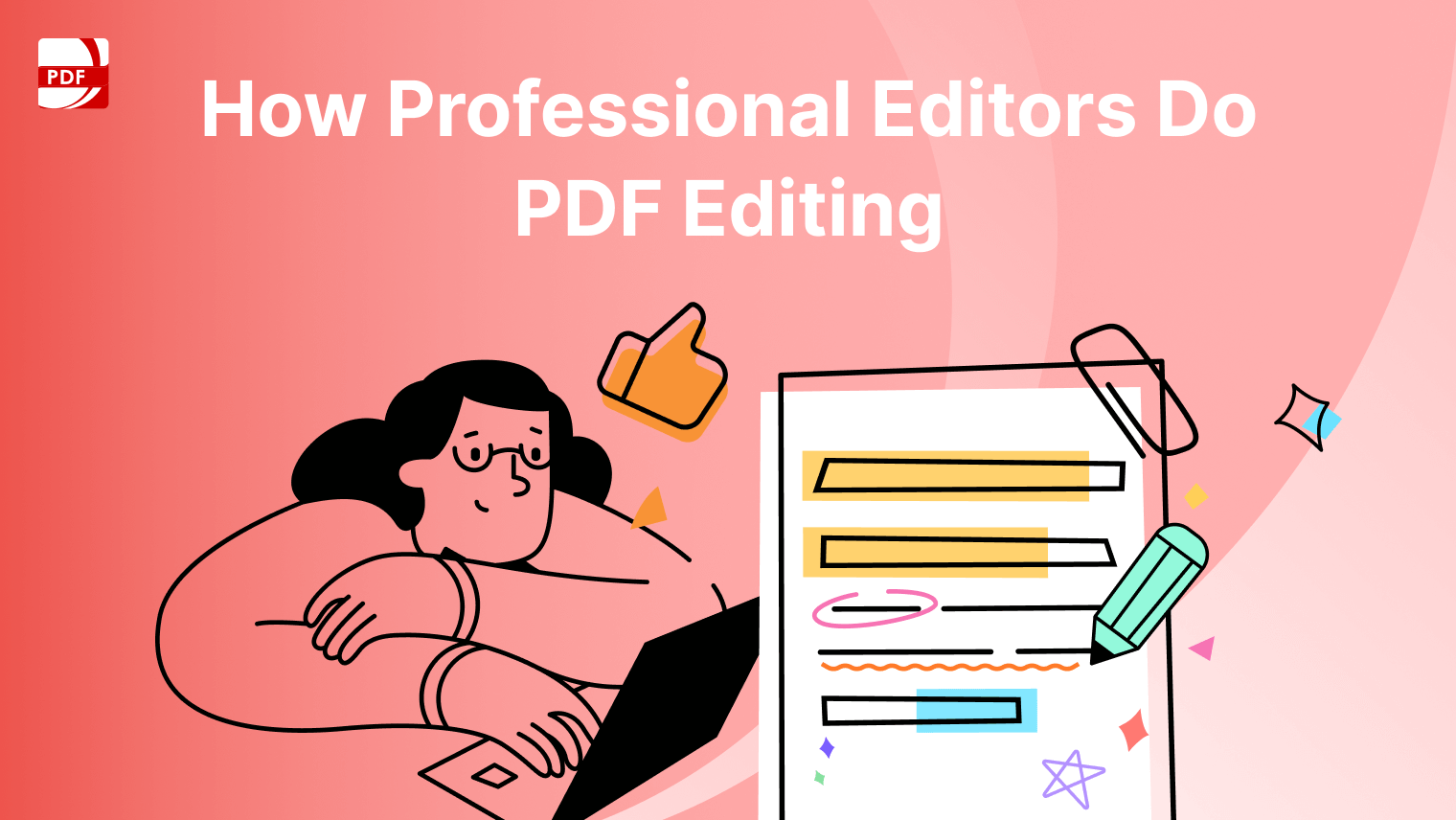In the digital era of recruitment, Applicant Tracking Systems (ATS) are increasingly becoming a standard tool in the hiring process. Formatting your resume to be ATS-friendly is crucial to ensure that your application isn’t overlooked due to compatibility issues.
Accompanied by a downloadable template, this article will walk you through the essentials of creating a resume that meets ATS requirements, enhancing your chances of catching a recruiter's eye.
What is an ATS?
An Applicant Tracking System (ATS) is a software tool that automates the recruitment process for businesses. It is designed to help organizations efficiently manage and streamline their hiring by handling large volumes of applications.
By setting specific criteria related to the job, an ATS can quickly sift through resumes to identify the most promising candidates, ensuring that recruitment is both swift and accurate.
Efficient Screening Process
The primary function of an ATS is to filter applications effectively. This system scans resumes for keywords that match the job description and ranks candidates based on how closely their qualifications align with job requirements. This automated screening saves recruiters considerable time, allowing them to focus on engaging with top-tier candidates.
Improved Recruitment Accuracy
An ATS reduces human errors and biases by standardizing the initial stages of the recruitment process. It evaluates candidates based on predefined criteria, ensuring that the selection process is fair and based solely on relevant qualifications and experiences. This leads to more accurate recruitment outcomes.
Scalability in Hiring
ATS systems are particularly valuable for organizations experiencing high growth or those that need to fill multiple positions simultaneously. They scale the recruitment process, accommodating an increase in applications without a drop in hiring standards. This makes ATS an indispensable tool for companies looking to expand their workforce efficiently.

How to Format Your Resume for ATS
Creating a resume that is compatible with Applicant Tracking Systems (ATS) is crucial for modern job seekers. An ATS-friendly resume ensures that your application will be seen by a human recruiter, rather than being filtered out by automated processes.
Below are detailed guidelines for formatting your resume, complemented by a downloadable template designed specifically for ATS compatibility.
Key Steps for ATS Resume Formatting
- Use a Simple, Standard Layout: Opt for a single-column format with clear headings like "Experience," "Skills," and "Education" to help the ATS effectively parse and categorize your information.
- Use Standard Fonts: Choose legible fonts such as Arial, Times New Roman, or Calibri, and keep the font size between 10 and 12 points to ensure readability by ATS.
- Avoid Fancy Formatting: Do not use graphics, tables, or multiple text columns. A straightforward, text-based resume is more ATS-friendly and less likely to encounter parsing errors.
- Incorporate Keywords from the Job Description: Customize your resume for each application by integrating keywords and phrases that align with the job description. This improves the match rate with potential job opportunities.
- Use Bullet Points: Format your achievements and responsibilities in short, clear bullet points. This makes it easier for the ATS to scan and evaluate your resume.
- Include Contact Information in Text: Ensure that your contact details are in plain text and are not placed in headers or footers, as some ATS systems might skip over these areas.
Discover how to create the perfect resume with our expert-crafted template.
Fill and Download Our ATS Resume Template
To make your resume formatting process smoother and increase your chances of passing through ATS filters, download our specially designed ATS Resume Template.
This template is structured to help you create an ATS-compatible resume that’s easy to parse and optimized for job applications.
Step-by-Step Guide: Using the ATS Resume Template
Our ATS-friendly resume template is structured to simplify formatting and enhance your chances of passing through Automated Tracking Systems. Follow these steps to effectively tailor the template for each job application:
Step 1: Open the Template
Open the ATS-friendly resume template. This layout is formatted to meet the needs of most ATS systems and ensure your resume is parsed correctly.

Step 2: Customize with Your Information
Replace the placeholder text with your personal details, work experience, education, skills, and relevant certifications. Be sure to maintain the structure for optimal ATS compatibility. To easily modify and edit the template, we recommend using PDF Reader Pro.
This tool allows you to customize the template to fit your unique qualifications and experiences without hassle. Download PDF Reader Pro here to get started on refining your ATS-friendly resume today.
Step 3: Write a Professional Summary
In the "Professional Summary" section, summarize your experience, key skills, and major achievements. Focus on using job-relevant keywords and keeping it concise.

Step 4: Add Your Professional Experience
For each job in the "Professional Experience" section, include your job title, company name, location, and dates of employment. List key responsibilities and achievements in bullet points, focusing on quantifiable results whenever possible.

Step 5: List Your Education
In the "Education" section, add details such as your degree, institution name, location, and graduation dates. Include your GPA and relevant coursework if applicable.

Step 6: Highlight Your Skills
In the "Skills" section, list job-relevant skills that match the job description. Tailor these to reflect the requirements of each role you're applying for.

Step 7: Add Certifications & Awards
In the "Certifications & Awards" section, include any relevant certifications or awards you’ve received, along with the issuing organization and the date.

Step 8: Include Volunteer Experience (Optional)
If applicable, add any volunteer roles you've held in the "Volunteer Experience" section. Focus on transferable skills gained during this time.

Step 9: Add Additional Sections (Optional)
Depending on your background, you can add extra sections like "Languages," "Technical Skills," or "Projects." Tailor these to your industry and experience.

By following these steps, with screenshots to guide you, you can easily fill out and customize the ATS resume template to match each job application, ensuring it meets ATS requirements and increases your chances of getting noticed by hiring managers.

Common Mistakes to Avoid in ATS Resumes
When formatting your resume for ATS compatibility, several common pitfalls can hinder your application's success. Being aware of these can help you avoid unnecessary rejections.
- Using Graphics or Images: ATS cannot read text embedded in images or graphics, so important details might go unnoticed.
- Complex Formatting: Complex elements like tables, headers, footers, or columns can confuse ATS software, leading to improperly parsed data.
- Inconsistent Headings: Inconsistent or creative job titles and section headings can be misinterpreted by an ATS, which looks for standard headings.
- Insufficient Keywords: Failing to include job-specific keywords means your resume might not trigger the right responses from the ATS algorithms.
Keeping your resume straightforward and aligned with the job description ensures it can be accurately parsed by ATS software, increasing the chances of it reaching a hiring manager.
Tips for Optimizing Your Resume for ATS
Optimizing your resume for Applicant Tracking Systems (ATS) is essential to ensure that it passes through the automated screening and reaches human recruiters. Here are some key strategies to help you improve your resume's chances of being noticed by both ATS software and hiring managers.
Use Job-Specific Keywords
Tailor your resume by including keywords and phrases from the job description. ATS systems scan for these exact terms, so matching them increases your chances of passing the initial screening.
Stick to Standard Section Headings
Use common headings like "Work Experience," "Education," and "Skills." ATS systems are programmed to recognize these sections, ensuring your resume is properly parsed.
Keep the Format Simple
Avoid tables, graphics, and multi-column layouts. A clean, single-column format with clear, readable fonts like Arial or Times New Roman ensures your resume is ATS-friendly.
Incorporate Hard Skills
Focus on job-specific hard skills, as ATS systems prioritize these over soft skills. List them in the "Skills" section and throughout your experience to improve your resume’s relevance.
Submit in the Right Format
Check the job posting for preferred file formats, but generally, .docx is the safest option for ATS compatibility. Some systems may not process PDFs correctly, so avoid submitting them unless explicitly requested.
By following these tips, you can improve your chances of passing ATS screenings and getting your resume in front of recruiters. Keep the format simple, use relevant keywords, and tailor your resume for each job application to make it stand out.











 Free Download
Free Download  Free Download
Free Download 





 Support Chat
Support Chat